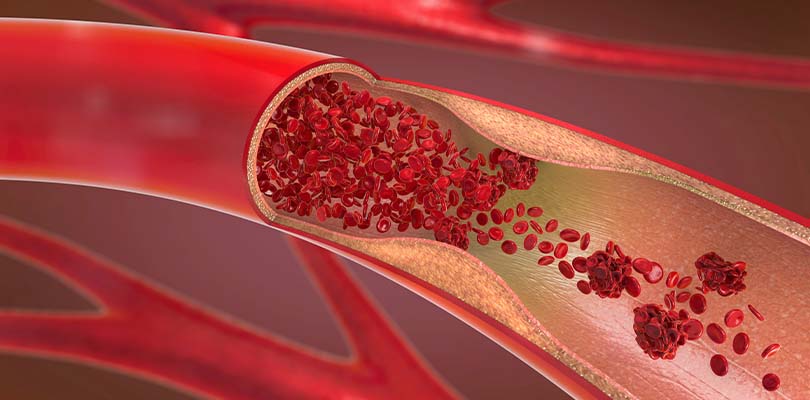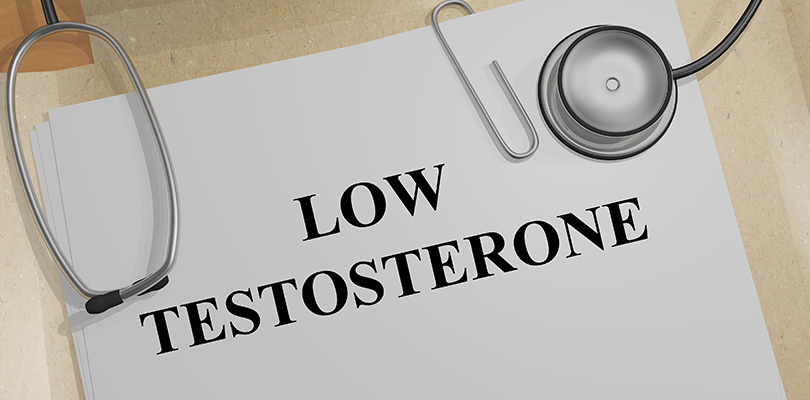Do Vitamins and Minerals Really Matter?
Many people pop a multivitamin supplement every morning. Then they’re eating whatever is quickest – bagel and coffee, a beef burrito at lunch, and takeout for dinner. That multi in the morning is a stop-gap measure to shore up a bad diet.
Research shows the American diet is sorely lacking in a number of essential nutrients, including calcium, potassium, selenium, and vitamins A, C, D, and E. That’s why most people rely on a supplement bottle to get the nutrition we need. Fingers crossed, this band-aid approach will ward off the worst of chronic diseases.
The problem is, these dietary supplements are not intended to be food substitutes. You’ll never get all the vitamins and minerals that real food can deliver.
Sure, a supplement can pick up the nutritional slack when we neglect our diets, to some extent. Vitamin and dietary supplements can help prevent deficiencies that contribute to chronic disease.
A National Institutes of Health study found increased bone density and reduced fractures when postmenopausal women took vitamin D and calcium supplements.
Let’s look at exactly which vitamins and minerals people need daily, and whether supplements are helpful.
What Are the Essential Vitamins and Minerals the Body Needs?
Calcium
Calcium bolsters healthy bones and prevents osteoporosis. Our bodies need calcium – and it’s mostly found in dairy products like milk, yogurt, and cheese. Leafy greens like kale and spinach, as well as canned sardines, also contain calcium.
Unless you hate these foods, it’s unlikely you have a true calcium deficiency. If you do steer clear of those foods for any reason, a calcium supplement might be a smart idea. However, if you’re prone to kidney stones or a female over age 70, don’t risk supplements. One large study pointed to calcium supplements and high risk of heart attack in postmenopausal women.
If you do take calcium supplements, also take a vitamin D supplement to improve calcium absorption.
Folate/Folic Acid
Folate, also known as vitamin B-9, and serves many important functions in the body. Folate is necessary for women who are pregnant or lactating and is found naturally in foods like legumes, avocados, Brussels sprouts, and spinach.
Folic acid is the synthetic form of folate, found in supplements and also added to “fortified” foods like breakfast cereal and citrus juices.
The problem with supplements and fortified foods is that the body does not convert folic acid into active vitamin B9 very well. It’s best to get folate/vitamin B9 from foods. Researchers are studying whether folate may help combat certain cancers and heart disease.
Potassium
Potassium can lower risk of heart disease and stroke and can offset excess dietary sodium. It's found in bananas, oranges, raisins, leafy greens, and milk.
People who take a potassium-depleting diuretic for a heart condition should consider taking a supplement. Also, African Americans should take potassium to offset the higher risk for hypertension and heart disease.
Older people (and people with kidney disease) should be careful of taking too much potassium as it can be harmful.
Beta-Carotene/Vitamin A
Do you feel bloated, gassy or nauseous after you eat or drink a dairy product? If you do, you may be experiencing some common lactose intolerance symptoms.
This antioxidant is converted in the body to vitamin A and is important for healthy vision, a functioning immune system, and good skin.
Sweet potatoes, carrots, squash, green peppers and other foods are rich sources of beta-carotene.
Research isn’t clear whether vitamin A helps prevent cancer or other chronic diseases. In fact, excess doses of vitamin A can be toxic. Get your beta-carotene from fruits and veggies, but not a supplement.
Vitamin C
This vitamin is found in abundance in fresh fruits and vegetables. While vitamin C once received a lot of hype for its ability to zap the common cold, no conclusive evidence proves that theory.
Exhaustive studies involving 50 years of research have concluded that megadoses of vitamin C have no such effect. In fact, megadoses can increase the risk of kidney stones. One study did suggest that taking vitamin C regularly might reduce the length of a cold by a day.
Best advice: Get vitamin C from food. If you’re a smoker, or often exposed to secondhand smoke, you might benefit from a vitamin C supplement.
Vitamin D
Vitamin D helps the body absorb calcium, and is necessary for bone health. Too little vitamin D can lead to osteoporosis. Some research indicates that vitamin D may help protect against cancers. Vitamin D is readily accessible with sun exposure, as well as fatty fish and fortified milk.
You may need a supplement if you don't get much sun exposure, have dark skin, or are over age 50. Talk to your doctor first.
Vitamin E
Vitamin E is an antioxidant that helps protect cells from free radicals, strengthens your immune system, and helps to slow macular degeneration.
Over the years, the evidence has been conflicting whether vitamin E can protect you from heart disease, stroke or cancer. Too much vitamin E through supplements can increase the risk of bleeding in the brain.
It's best to get E your vitamin E from food – eggs, fortified cereals, fruits, green leafy veggies, peanuts, and safflower oil.
Multivitamins
Many people have relied on multivitamins to aid health and preventing chronic disease, but according to several studies, that may not work.
The National Institutes of Health (NIH) convened a group of experts to evaluate the evidence on multivitamins and the effect on chronic disease prevention. Researchers found few studies to make general recommendations for or against multivitamins to prevent chronic disease.
An overall healthy diet and regular physical activity can help prevent chronic disease, not supplements, the NIH concluded.
Tips to Make the Right Vitamin Decisions
Take stock of your dietary habits. Are there entire food groups you avoid? Is salsa the only vegetable you eat? If so, make grocery shopping a priority. Identify a few foods that will give you the nutrients you need, and make up your mind to eat them every week.
Take a daily multivitamin instead of multiple individual supplements, so you’ll get the safe limits for every nutrient.
If you can’t (or won’t) eat dairy, choose a multivitamin supplement that meets your calcium and vitamin D needs. Children often don’t get enough calcium, so they need a multivitamin with calcium as a supplement.
How to Choose the Right Nutritional Supplements
Not all supplements are created equal.
Some are derived from whole-food sources, while others are packed with synthetic ingredients. Some are time-released, and while others flood the digestive system all at once, only to be flushed out by the kidneys.
Talk to Your Doctor
Your doctor can advise you on the supplements you need, and which formulations help the most.
If you’re pregnant or have other special needs, it’s important to have this discussion.
For example, if you’ve taken antibiotics lately, you may need to recolonize your digestive tract with probiotics. Since most of your immune system lies within your gut, so if you’re going to choose one supplement to take, consider one that aids digestive health.
If you’re on the run, simply splitting a multivitamin in half – taking half in the morning and the other half in the evening – might be a good idea.
Before you take anything, talk to your doctor or healthcare professional.







